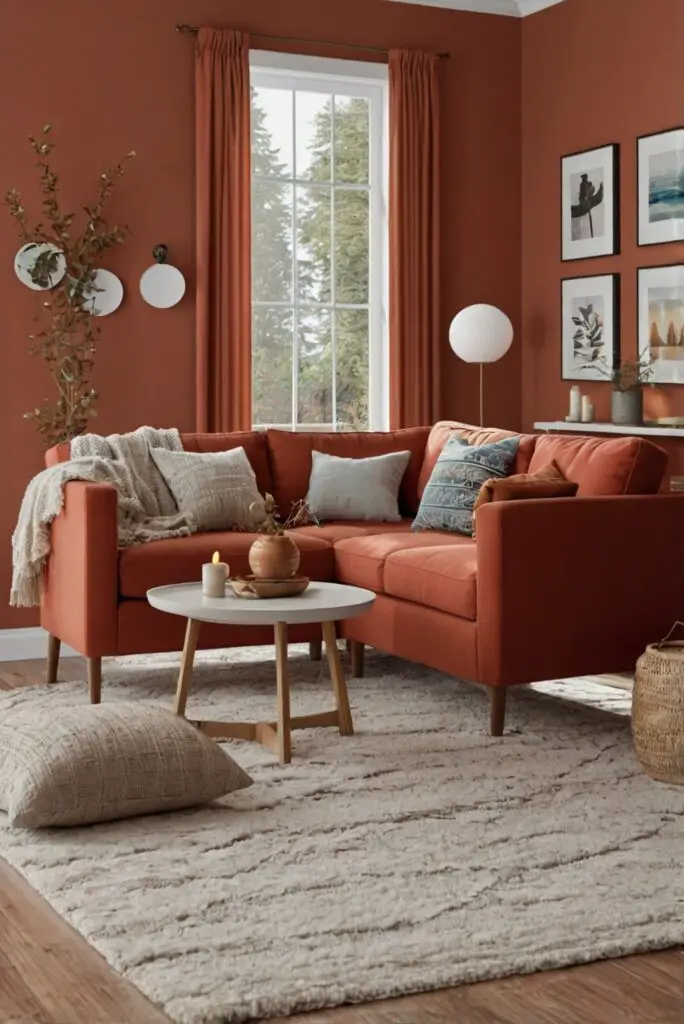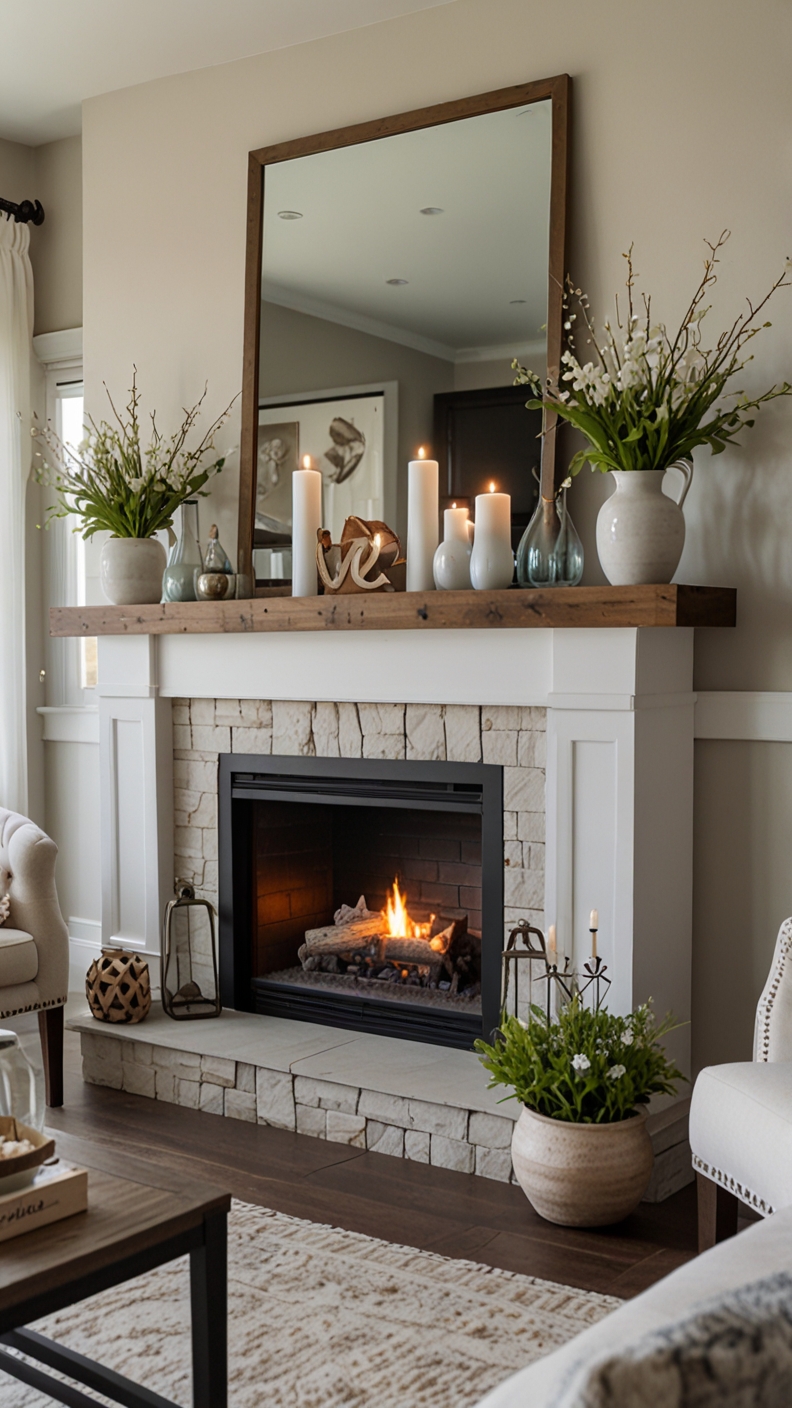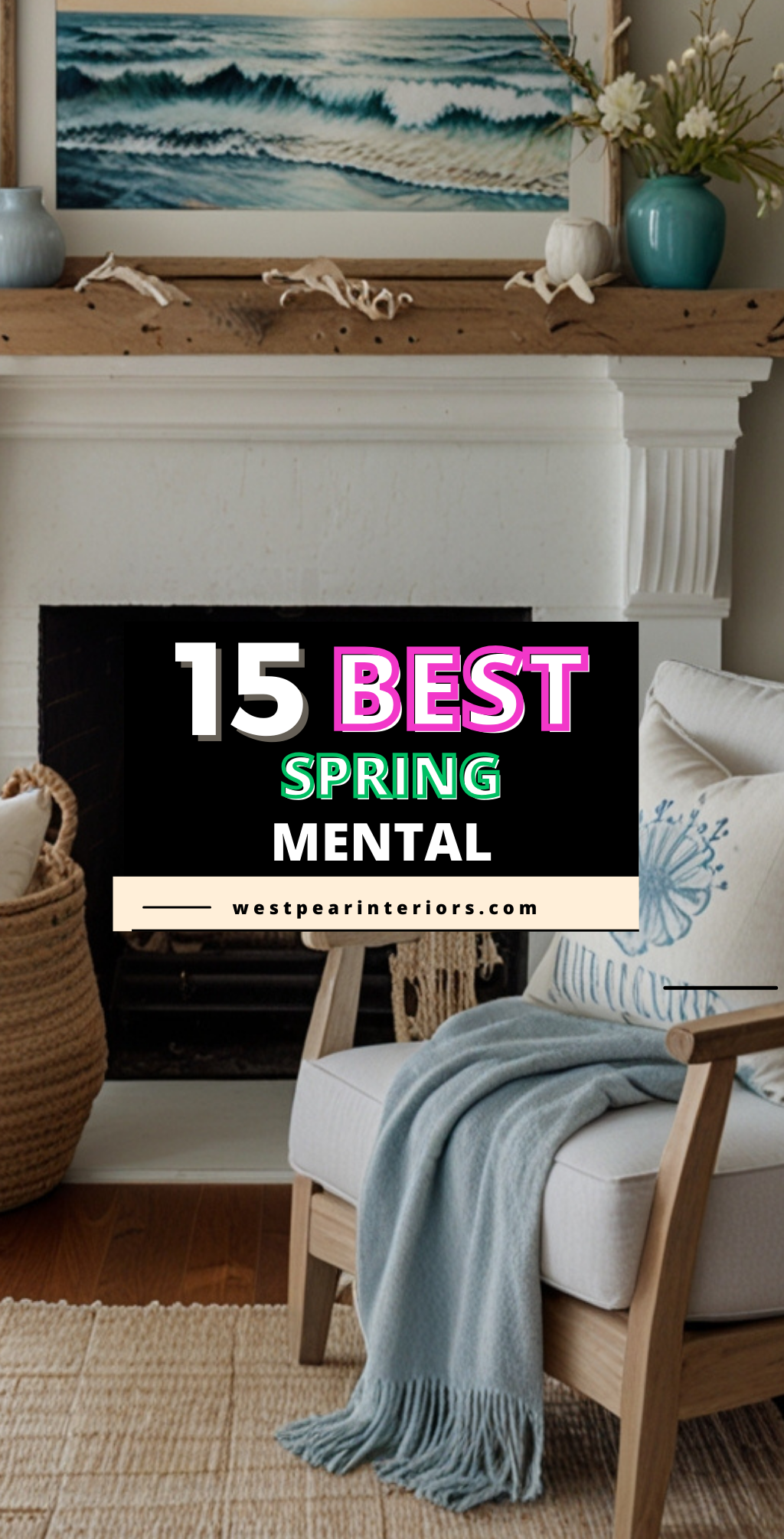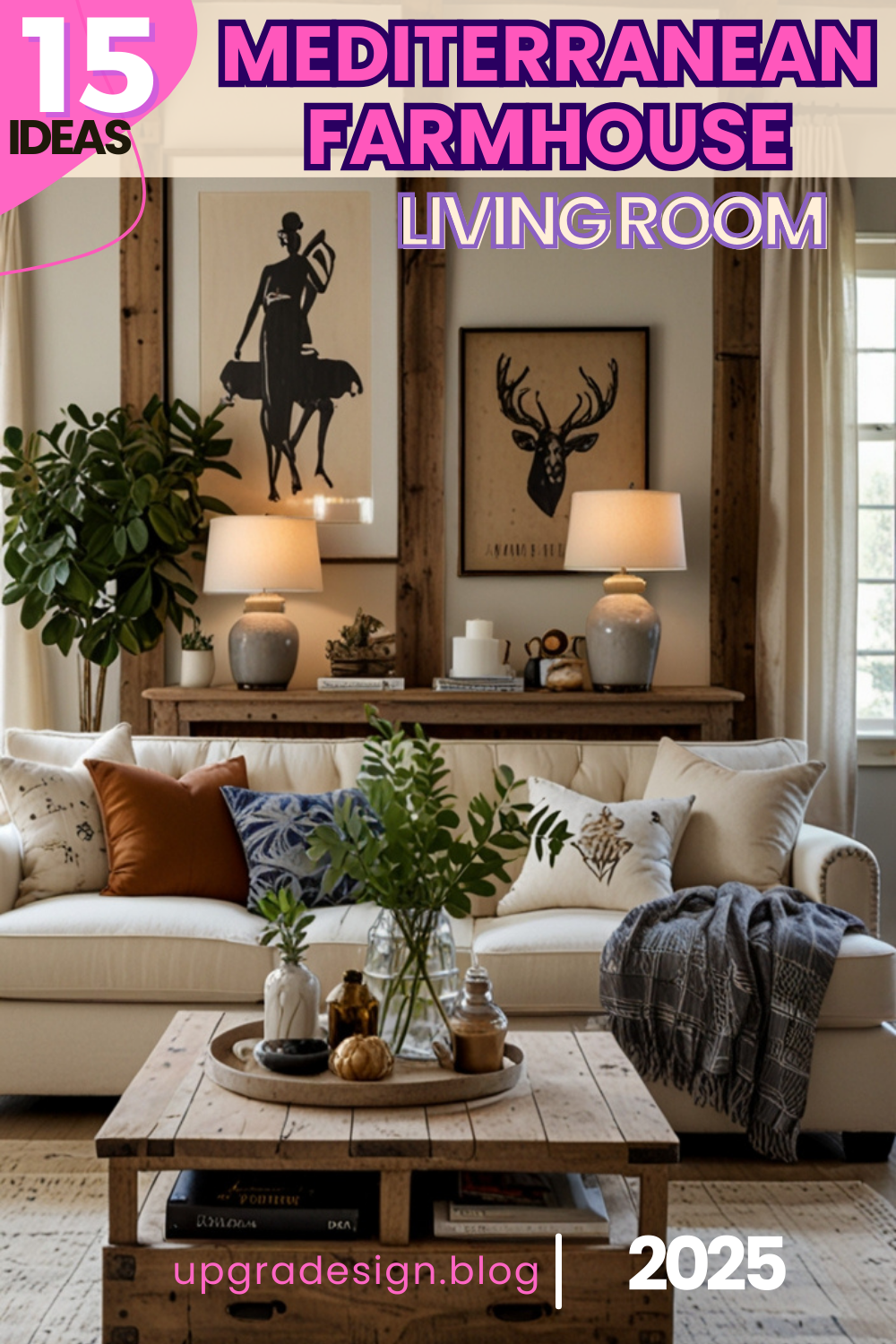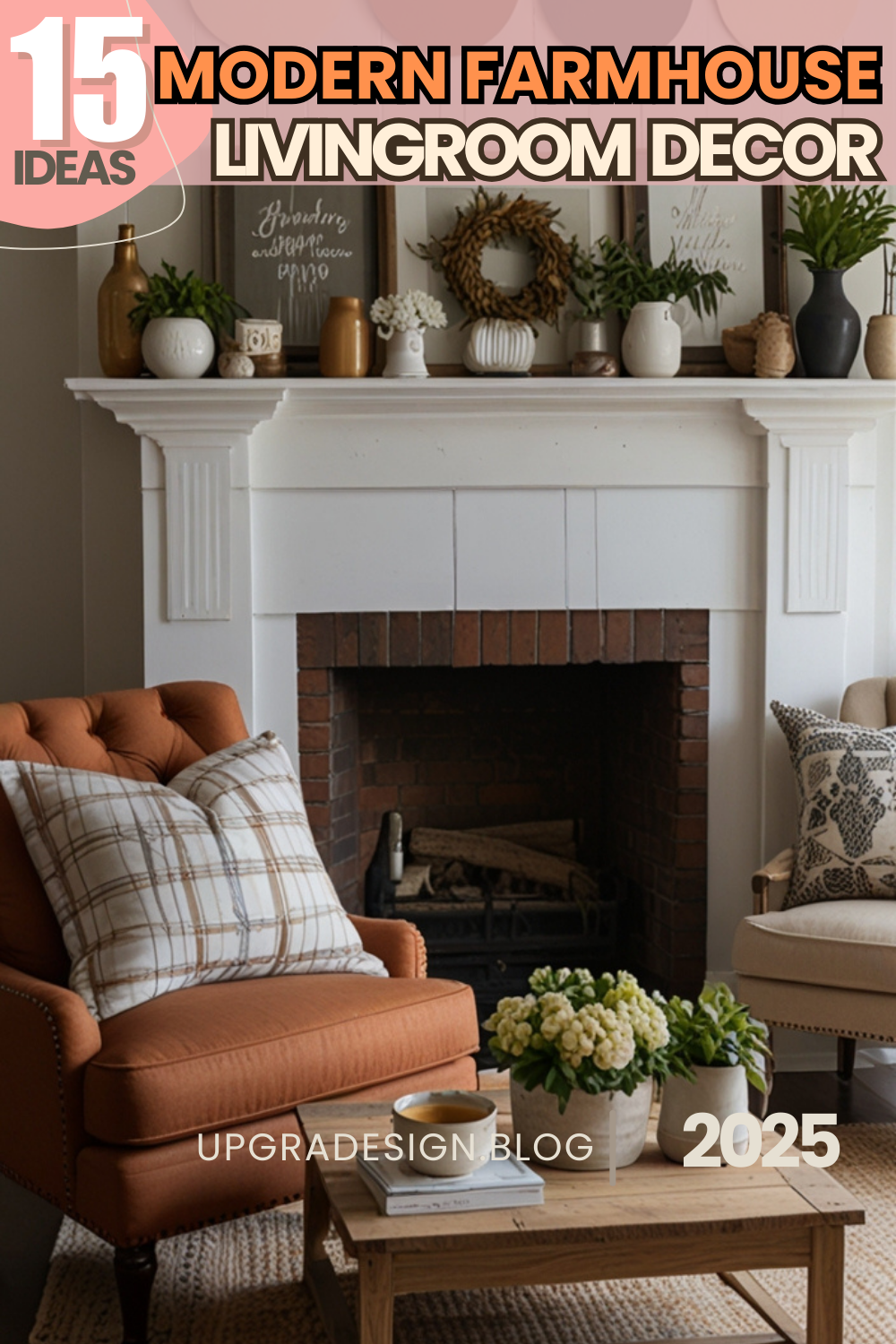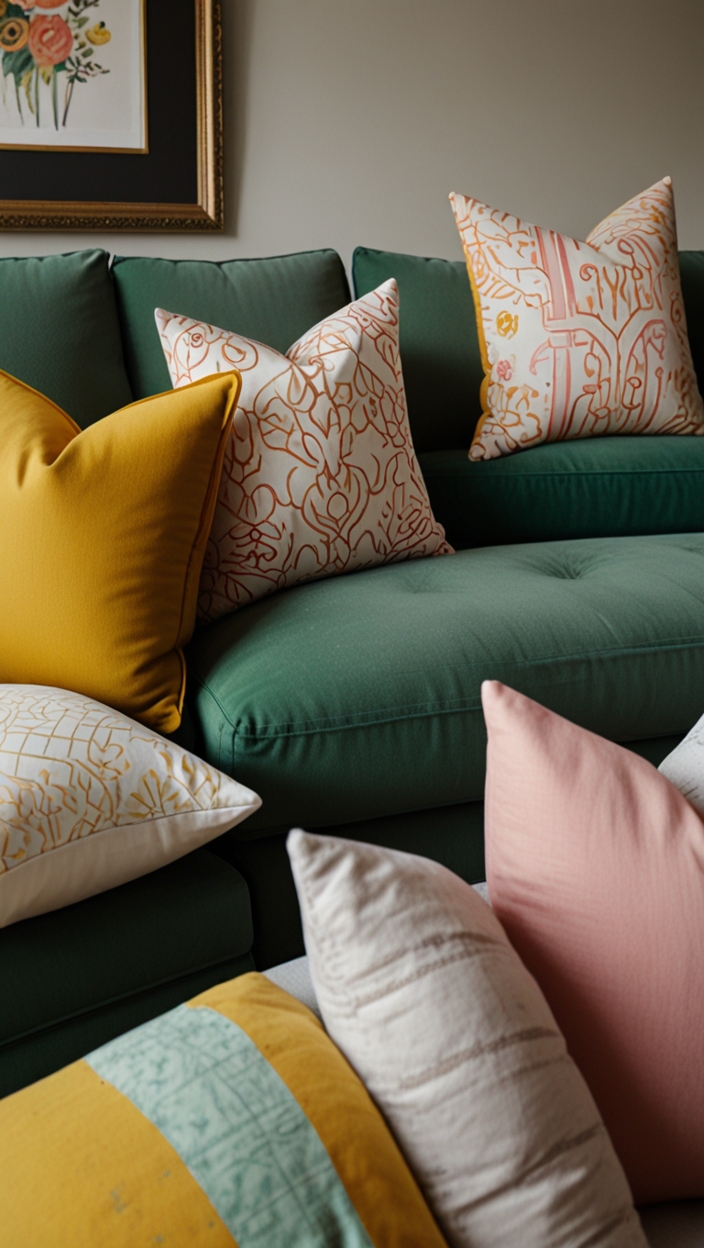Discover the perfect color schemes for a Scandinavian coastal living room, balancing cool blues, crisp whites, and sandy neutrals. Dive into daily interior designer routines for more decor insights.
**What Are the Best Color Schemes for a Scandinavian Coastal Living Room?**
Incorporating shades of white, blue, and beige can create a calming coastal atmosphere in your Scandinavian living room. These colors evoke a sense of tranquility and mimic the colors of the sea and sky. To enhance the coastal theme, add splashes of soft pastel colors like turquoise or pale pink. Be sure to balance the colors with natural wood elements for warmth. Consider using light fabrics for curtains and furniture covers to keep the space airy. Opt for a whitewashed or light wood floor to maintain a bright and airy feel. When choosing decor accents, select items inspired by the beach or sea to complete the coastal look.
How to choose the best color scheme for a Scandinavian coastal living room?
My Lovely Spring Paint for 2025
Ready for a Spring Makeover? Explore the Freshest 2025 Paint Trends!
White Sage/Green SW Pistachio green Soft blue Honeysweet/Orange Pink Sugar Sage Tint BMAs an Amazon Associate, I may earn a commission from qualifying purchases at no extra cost to you.
When selecting a color scheme for a Scandinavian coastal living room, it is essential to prioritize light, airy, and calming tones that reflect the natural elements of the coast. Opting for a palette inspired by the sea, sky, sand, and surrounding flora can help create a peaceful and cohesive look. White, various shades of blue, soft greens, and sandy neutrals are popular choices for a Scandinavian coastal theme.
What are the key elements to consider when selecting colors for a Scandinavian coastal living room?
The key elements to consider when choosing colors for a Scandinavian coastal living room include natural light, existing furniture and decor, the desired atmosphere, and the architectural features of the room. Natural light plays a crucial role in determining how colors appear in a space, so it is important to consider the direction and intensity of sunlight when selecting paint shades. Additionally, the existing furniture and decor can guide color choices to ensure a harmonious and balanced look.
Can I combine cool and warm tones in a Scandinavian coastal living room color scheme?
While Scandinavian design often incorporates cool tones like blues and grays, it is possible to introduce warm tones such as soft yellows, blush pinks, and sandy neutrals to create depth and balance in a coastal living room color scheme. Mixing cool and warm tones can add interest and warmth to the space while maintaining the overall light and airy feel that is characteristic of Scandinavian coastal style.
What is the significance of natural light in determining the colors for a Scandinavian coastal living room?
My fAV Spring DECOR for 2025
Discover Spring’s Best 2025 Decor Combinations – Perfect for Any Room!
Oversized Indoor Plants White Curved Sofas Rugs BOH Brown Cream Moroccan Hype Boho Rug Outdoor Patio Furniture Sets Topfinel Pillow CoversAs an Amazon Associate, I may earn a commission from qualifying purchases at no extra cost to you.
Natural light is a critical factor when choosing colors for a Scandinavian coastal living room as it can significantly impact how colors are perceived. Rooms with abundant natural light can carry lighter shades more effectively, while spaces with limited sunlight may benefit from warmer hues to create a cozy atmosphere. Considering the amount of natural light in the room helps ensure that the chosen color scheme looks balanced and inviting throughout the day.
How to maintain a cohesive look when using multiple colors in a Scandinavian coastal living room?
To maintain a cohesive look when incorporating multiple colors in a Scandinavian coastal living room, it is essential to establish a unifying theme or color palette that ties the different hues together. Using a mix of tones inspired by the coast, such as blues, greens, and neutrals, can create a harmonious and relaxing atmosphere. Introducing these colors strategically through wall paint, furniture, textiles, and decor items can help achieve a cohesive look in the space.
Are there specific color combinations that work best for creating a serene atmosphere in a Scandinavian coastal living room?
Certain color combinations are particularly effective in creating a serene atmosphere in a Scandinavian coastal living room. Pairing soft blues with whites and sandy neutrals evokes a sense of tranquility and serenity reminiscent of the seaside. Incorporating subtle hints of green can add a natural element to the space, while touches of warm wood tones can provide a grounding effect. These harmonious color combinations contribute to a peaceful and relaxing environment in a coastal living room.
Why is it important to consider the existing furniture and decor when choosing a color scheme for a Scandinavian coastal living room?
Considering the existing furniture and decor is crucial when selecting a color scheme for a Scandinavian coastal living room to ensure cohesiveness and harmony in the space. The colors of the walls, flooring, and major furniture pieces should complement the existing elements to create a unified look. By incorporating colors that work well with the furniture and decor already in place, you can avoid clashing tones and maintain a seamless flow throughout the room.
Key Takeaways
All Point in Key Takeaways
– Light, airy, and calming tones like white, various shades of blue, soft greens, and sandy neutrals are ideal for a Scandinavian coastal living room color scheme.
– Natural light plays a crucial role in how colors appear in a space, guiding the selection of paint shades and creating a balanced atmosphere.
– Balancing cool and warm tones in a color scheme can add depth and interest to a Scandinavian coastal living room.
– Establishing a unifying theme or color palette is essential to maintain a cohesive look when using multiple colors in the room.
– Specific color combinations such as soft blues with whites, sandy neutrals, hints of green, and warm wood tones can create a serene atmosphere.
– Considering the existing furniture and decor is important to ensure that the chosen color scheme complements the elements already present in the space.

